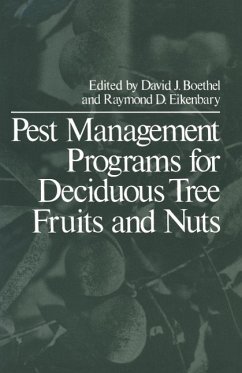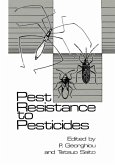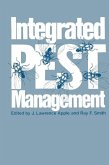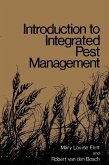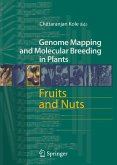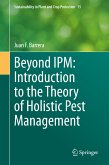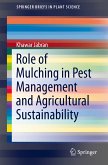Pest Management Programs for Deciduous Tree Fruits and Nuts attempts to present the current status of pest management programs in orchard ecosystems. The book is a collection of papers from a symposium convened on the subject for the 1977 National Meeting of the Entomological Society of America and invitational papers on commodities not covered during the symposium. In recent years, books have appeared on "integrated pest management (IPM)"; however, most of these have concentrated on field crop IPM with an occasional chapter on fruits. No publication presently exists which brings together information on the pest management programs currently being conducted on the major nut crops, almonds, pecans and walnuts. Because it is the first treatment for almonds and walnuts, the authors of these chapters have attempted not only to present the current IPM technology but the historical data which led to the contemporary programs. Two chapters appear on pecan IPM. The first concentrates on the development of a management program for the pecan weevil, the key arthropod pest of pecans, while the second discusses the implementation of pilot pecan IPM programs in two southeastern states. The latter chapter illustrates that even with a limited data bank, the pesticide load in pecan orchards can be reduced by the adoption of the IPM approach to pest control.
Dieser Download kann aus rechtlichen Gründen nur mit Rechnungsadresse in A, B, BG, CY, CZ, D, DK, EW, E, FIN, F, GR, HR, H, IRL, I, LT, L, LR, M, NL, PL, P, R, S, SLO, SK ausgeliefert werden.

